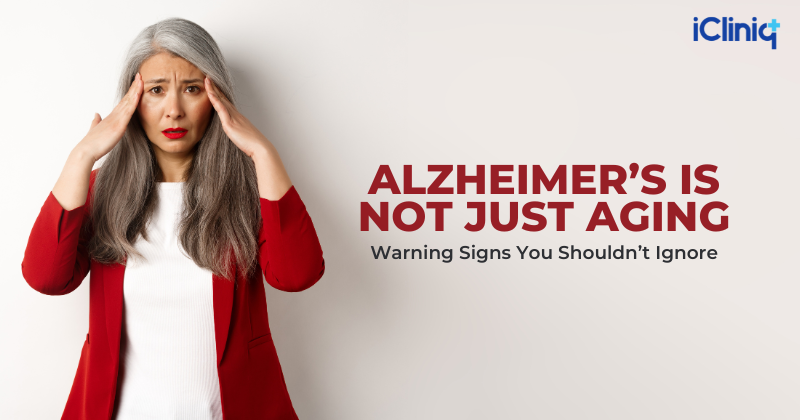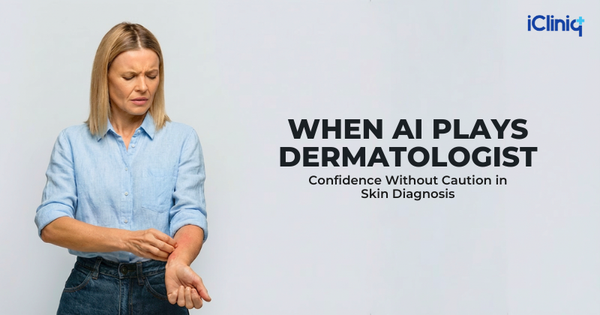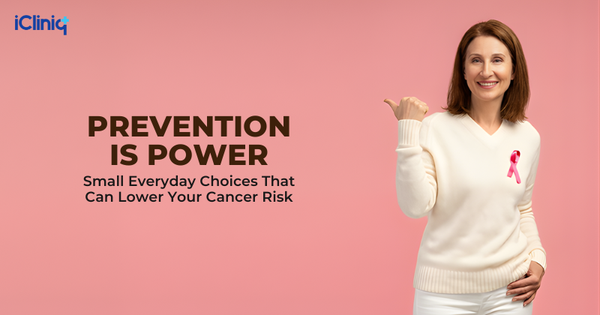Alzheimer’s Is Not Just Aging: Warning Signs You Shouldn’t Ignore

Alzheimer’s disease is more than forgetfulness—it’s a progressive brain disorder that requires attention. The sooner you notice the signs, the better you can help. This disease can affect millions of individuals and families globally. However, the search shows that the disease remains without a cure, making awareness, early detection, and supportive care more important than ever.
It Is Not Just Aging—Here’s the Difference
It is normal to forget a name or misplace your keys occasionally. That happens to everyone. But Alzheimer’s is different. It slowly affects memory, decision-making, and even how a person interacts with others. This is not just growing older—it’s a medical condition that needs to be understood and addressed.
Signs to Watch For
Pay attention to these early warning signs:
- Memory Problems that Interfere With Daily Life – Forgetting important dates, asking the same questions over and over, or needing constant reminders.
- Difficulty Managing Plans or Tasks – Struggling with numbers, recipes, or bills.
- Confusion About Time or Place – Losing track of where they are or how they got there.
- Trouble With Words and Conversations – Repeating themselves, losing their train of thought, or having trouble naming objects.
- Poor Judgment—Making unusual decisions, especially with money or personal care.
- Pulling Away From Social or Work Life – Avoiding hobbies, work, or gatherings they once enjoyed.
- Changes in Mood or Personality – Becoming irritable, anxious, suspicious, or easily upset in unfamiliar situations.
Who Is at a Greater Risk?
While age is the biggest risk factor, Alzheimer’s is not something that only happens to the elderly. Genetics, family history, past head injuries, and even heart health can all contribute.
Early Action Matters
- Give the person a sense of control while they’re still able to participate fully.
- This is not just about medical care—it is about dignity, preparation, and support.
What Can You Do Now?
- Talk About It – Do not avoid the conversation if you notice changes in a loved one.
- See a Doctor – A memory screening or neurological checkup is a good first step.
- Support Brain Health – Encourage daily walks, healthy meals, social interaction, and good sleep.
- Stay Connected – Find local or online support groups for both patients and caregivers.
When someone you love begins to change in ways you can not quite explain, it can feel scary. But knowing the signs of Alzheimer’s early on can make a world of difference. Do not dismiss your concerns. It is not just aging. It is time to act, listen, and support.




